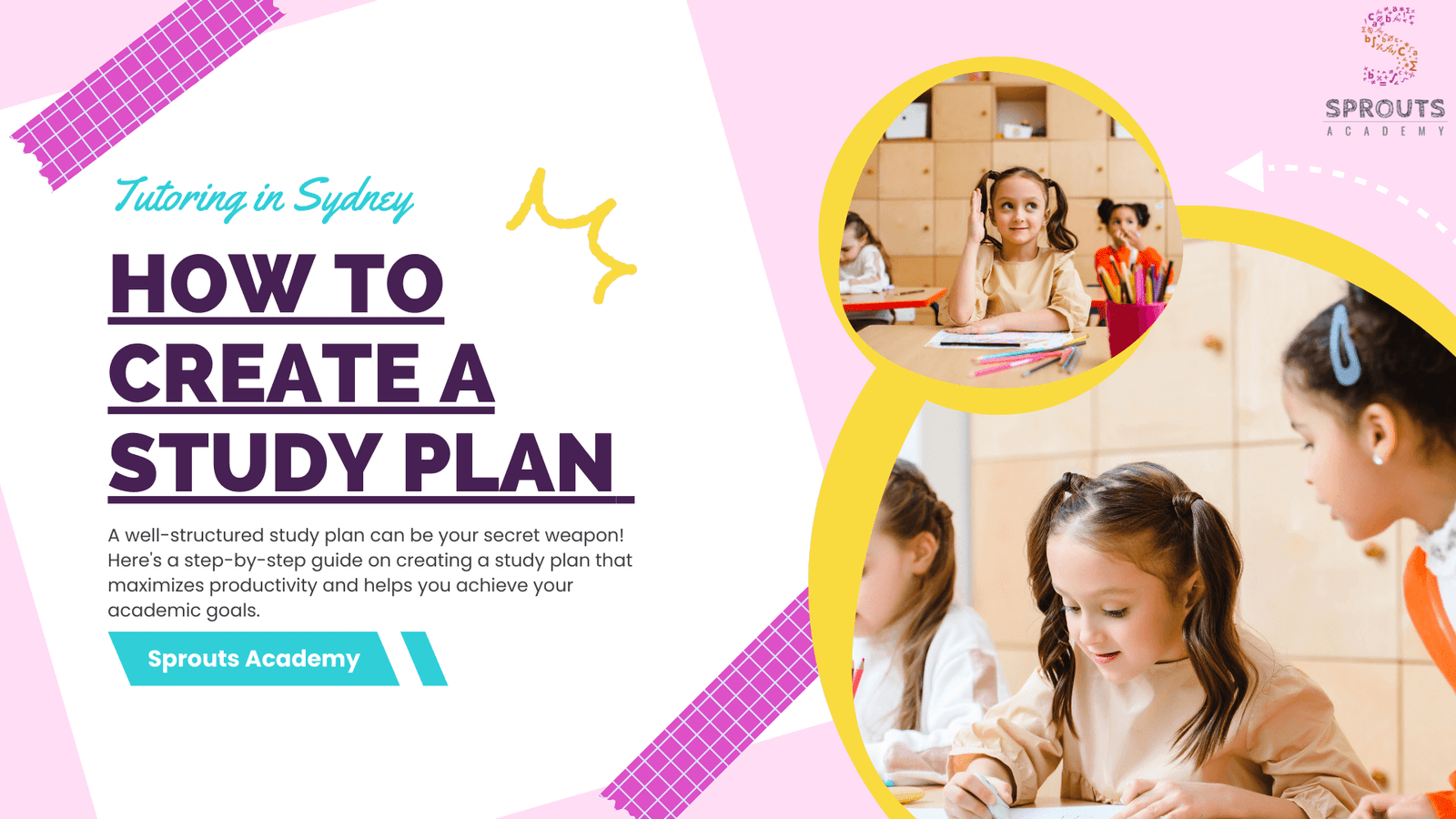Effective studying is not just about spending countless hours with your textbooks; it’s about having a well-structured study plan that maximizes productivity and learning outcomes. A study plan serves as a roadmap to guide your academic journey, helping you stay organized, focused, and on track to achieve your goals. Whether you’re a student preparing for exams, a professional seeking to upskill, or a lifelong learner embarking on a new subject, creating a study plan is a valuable skill that can lead you to academic success. In this article, we’ll explore step-by-step guidelines to help you create an effective study plan.
-
Set Clear Goals:
The first step in creating a study plan is to set clear and specific goals. Identify what you want to achieve through your study efforts. Whether it’s acing exams, mastering a new skill, or completing a course, having well-defined goals will shape your study plan and provide a sense of direction.
-
Assess Your Current Knowledge:
Before diving into your study plan, assess your current knowledge and skill level. Identify areas where you feel confident and areas that need improvement. Understanding your strengths and weaknesses will help you allocate appropriate time and resources to each subject or topic.
-
Create a Realistic Schedule:
A realistic study schedule is essential to ensure that you can balance your study commitments with other responsibilities and activities. Consider your daily routine, work or school hours, and any existing commitments. Allocate specific time slots for study sessions and be mindful of the need for breaks and rest.
-
Break Down the Material:
Divide the study material into manageable chunks or topics. Breaking down the material makes it less overwhelming and allows you to focus on one concept at a time. Organize the material in a logical sequence that follows the flow of your course or syllabus.
-
Prioritize and Sequence:
Prioritize the topics based on their importance, difficulty level, or exam weightage. Focus on essential or challenging topics first to give them sufficient attention and revision time. Sequencing your study plan ensures that you cover all material systematically.
-
Allocate Study Time:
Allocate specific study time for each topic or subject based on its complexity and your proficiency level. Avoid cramming too much material into a single study session. Short, focused study sessions are more effective than long, unproductive ones.
-
Include Review Sessions:
Regular review sessions are crucial for retaining information and reinforcing learning. Schedule periodic review sessions to revisit previously studied topics. Spaced repetition, where you review material at intervals, helps improve long-term retention.
-
Use Study Techniques:
Incorporate effective study techniques to enhance learning. Techniques like active recall, where you quiz yourself on the material, and mind mapping, where you visually represent concepts, can improve understanding and memory retention.
-
Stay Flexible:
While having a study plan is essential, staying flexible is equally important. Be open to making adjustments to your plan if needed. Life can be unpredictable, and flexibility allows you to adapt to unforeseen circumstances without feeling overwhelmed.
-
Celebrate Achievements:
Celebrate your study milestones and achievements along the way. Acknowledging your progress boosts motivation and encourages you to continue your efforts with enthusiasm.
Conclusion:
Creating a study plan is a key component of effective learning and academic success. Setting clear goals, assessing your knowledge, and creating a realistic schedule are crucial steps in crafting an effective study plan. Breaking down the material, prioritizing and sequencing topics, and including review sessions optimize your study efforts. Incorporating study techniques and staying flexible in your approach ensure that your study plan remains effective and adaptable. By following these step-by-step guidelines, you can create a study plan that becomes your roadmap to achieving your academic goals and unlocking your full potential as a learner.





